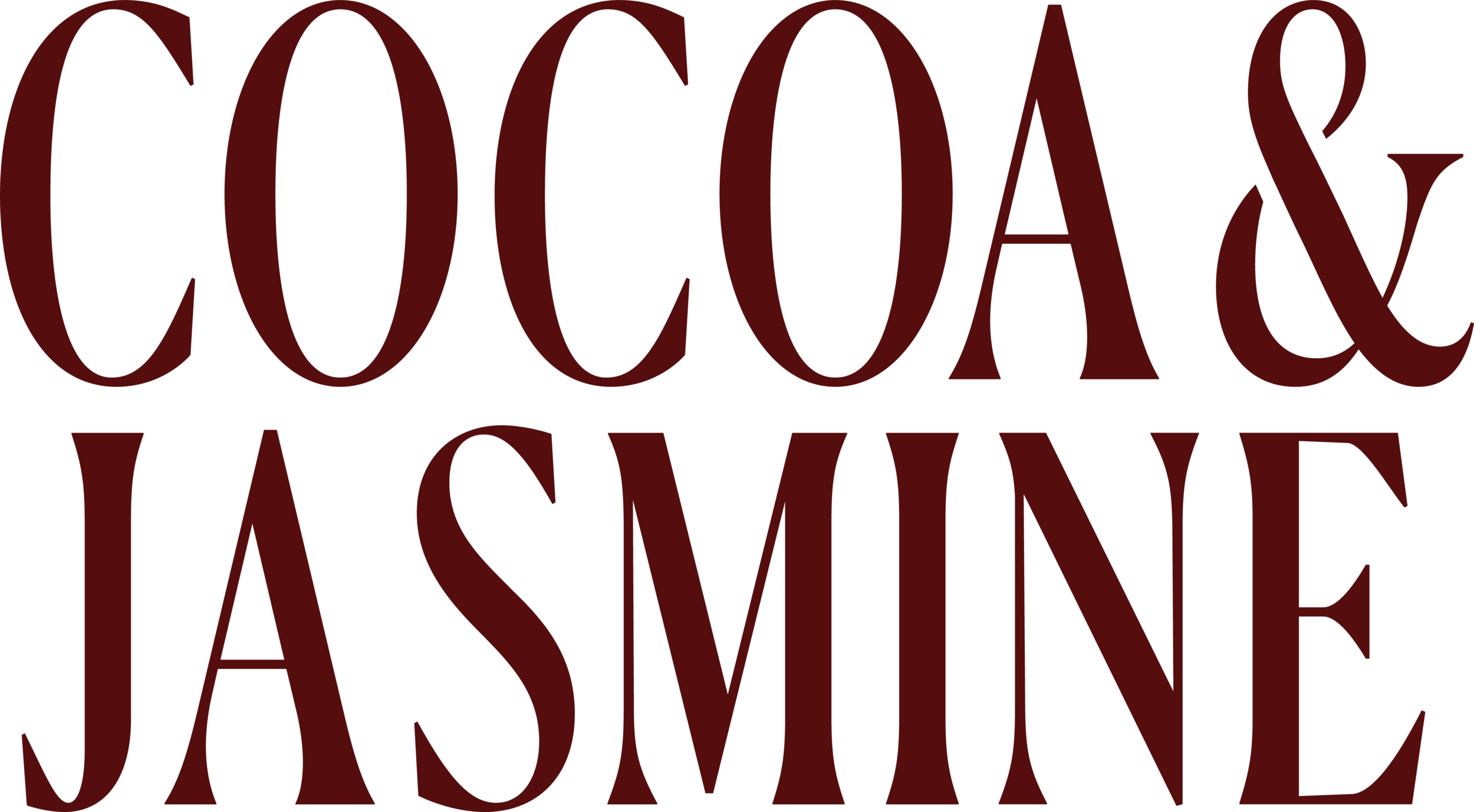Conversation with Samyukta Nair of Bombay Bustle
Samyukta Nair aces many roles that include entrepreneur, hotelier and fashion enthusiast. She co-founded the Jamavar restaurant in London after which she put her aesthetics to good use by opening the concept store, Clove, in Bombay. It is an experiential lifestyle store that carries select independent labels from India across the fashion, home decor, and lifestyle categories. She had studied sociology, psychology and international business.
“I am incredibly proud to be Indian and believe that India has a connotation of cool attached to it which isn’t frivolous. ”
India is experiencing a boom when it comes to experiential retail and experimentation with the concept. How do you think Clove adds to this landscape and how does it stand apart?
Clove offers my view on Indian design - one filled with pride for its talent, in a space to call home. Across fashion, design and craft our endeavor is to showcase a whimsical yet purposeful edit that appeals to a diverse set - the local, the gifter, the collector and the traveler.
Where is the sweet point between traditional and contemporary design? What do you think is the design language in India right now? Can you sense a movement? Where do you think the Indian design is going? Is there a common aesthetic that you can identify?
Design is so incredibly subjective and for me it’s so much more about creating an aesthetic that is distinctively yours, be it traditional or contemporary. India has always had a strong design language but recently we are becoming a lot accepting of other forms of design that there seems to be a shifting paradigm. I would like to think of the Indian aesthetic sensibilities becoming sharper while being deeply embedded in our cultural traditions, which for me, personally, is incredibly interesting.
The concept of travel meets design can be sensed in all upcoming brands. Do you think migration and global identity is a phenomenon shaping that? How? Can you give an example?
My growing up years were spent between Mumbai, New York and London. Having long been a patron of the arts, very early on I was introduced to the world of design by way of galleries and museums by my mother. My father with his love for world cuisine and in depth culinary knowledge led me to enjoy and explore my love for food, which for me is a strong vehicle of culture. The privilege of this exposure tremendously helped me develop and understand what it means to forge a global identity, deeply rooted in tradition but also develop a wider outlook by borrowing facets from each of my experiences. The best of which I am able to put into practice on a daily basis at my restaurants Jamavar & Bombay Bustle in London or when ideating for Clove, my concept store, and Dandelion, my sleepwear label, in Mumbai.
You have a lifestyle business in London. How do you think Modern Indian Culture is perceived in the West (both in Fashion and Food)? What do you think is the value of Made in India (in context to craft and design)?
I am incredibly proud to be Indian and believe that India has a connotation of cool attached to it which isn’t frivolous. On the culinary front, there is a growing sophisticated understanding towards Indian food, that goes beyond popular favorites, and a much higher demand for authentic flavor. It’s also great to see Indian-made design across fashion and product being showcased at renowned design shows and gaining popularity.
Clove’s latest collaboration with a limited capsule collection by Abraham & Thakore that is inspired from Gunjan Gupta’s IKKIS pays homage to the development of this singular aesthetic rooted in Indian tradition but also one that’s global in its outlook. It is an ode to everyday India in a global context - the give and take between what’s old and new, a marriage of form and functionality while being deeply embedded in our craft traditions.
What is your take on slow handmade brands? Is sustainability a factor you are conscious of? What is your take on micro cultural businesses in India? Do you think the future is in the fluidity of small, local businesses rather than high investment scalable ones?
Being conscious of sustainability is a reality every business has to be aware of and embrace today. While slower handmade brands have a unique proposition the challenges that come with them are also a reality, which make them harder to sustain in long run. Should small. local micro cultural businesses in India be supported with vision and investment there is no reason for them not to grow.


